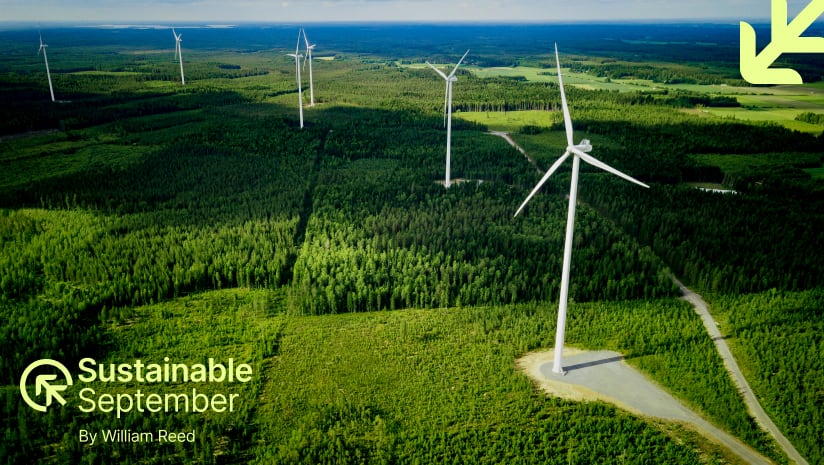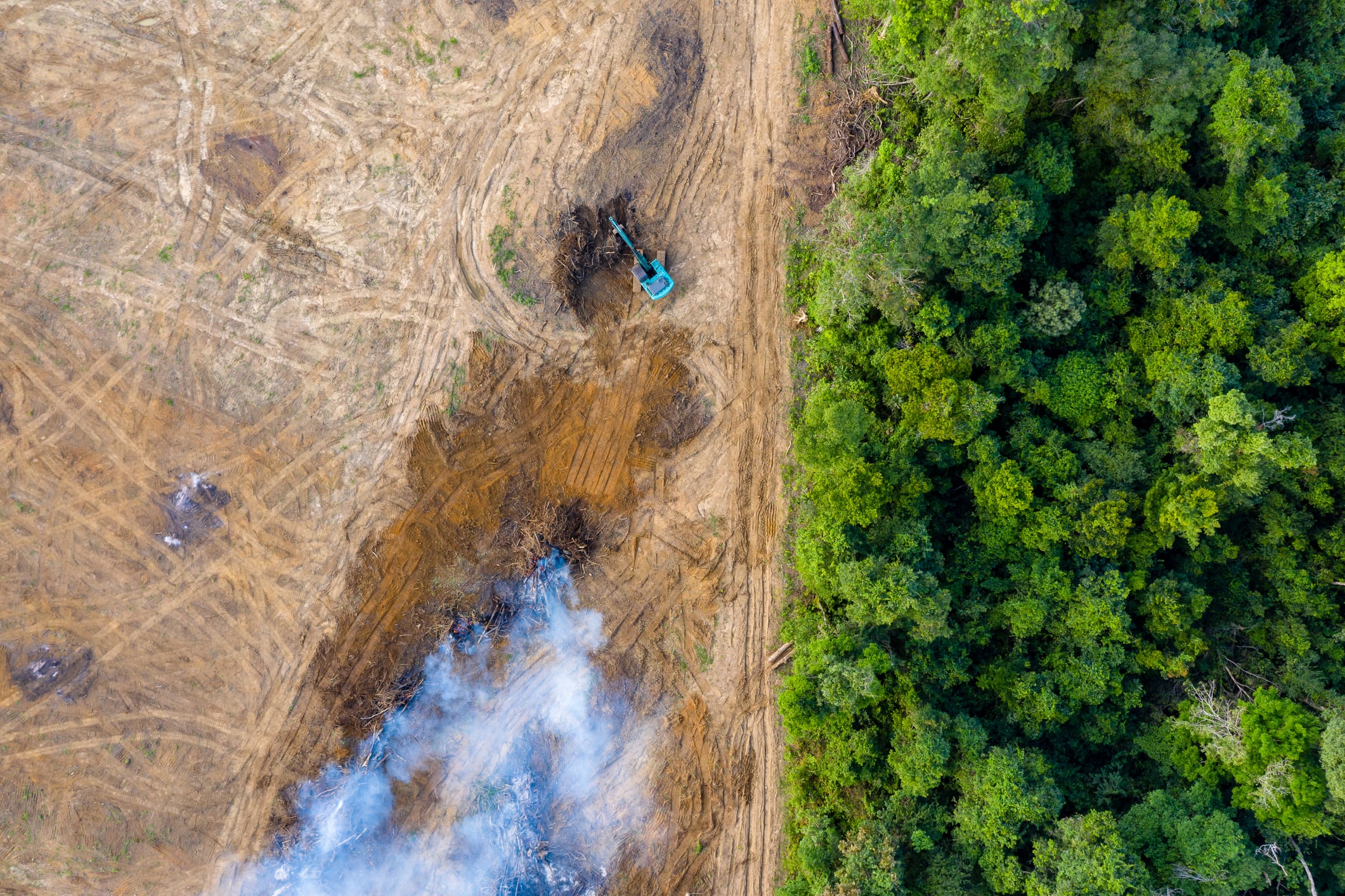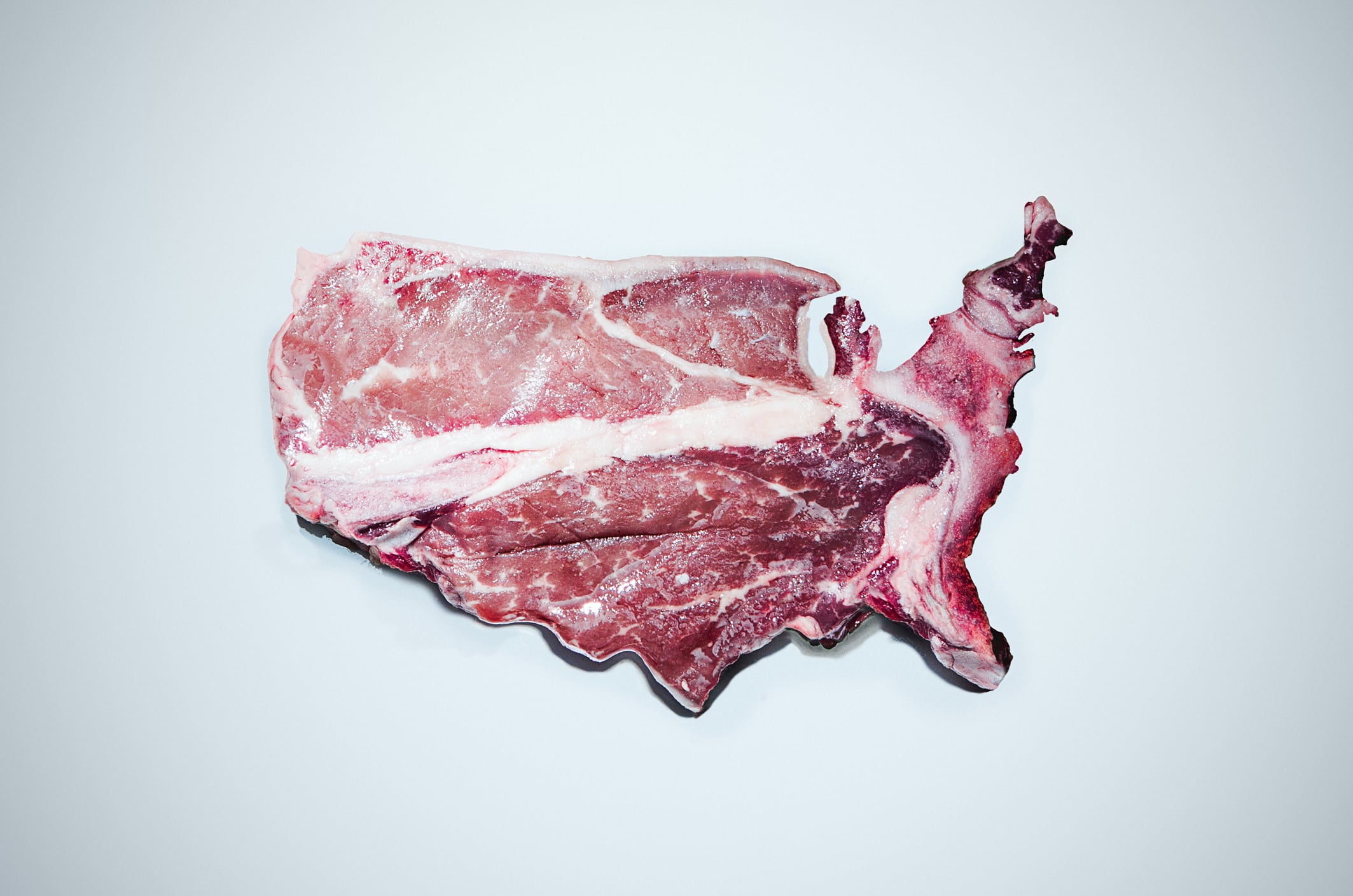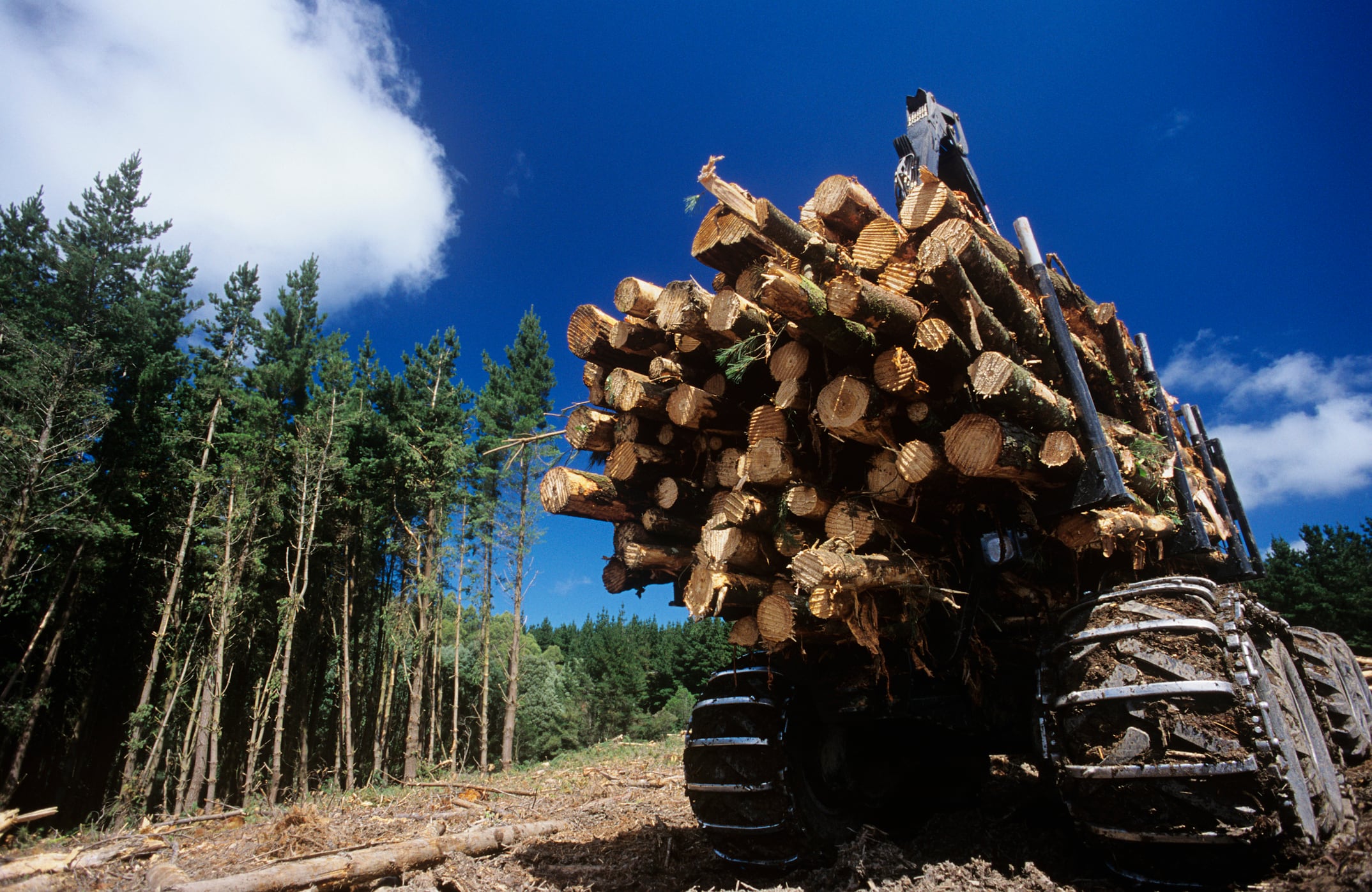The European Deforestation Regulation (EUDR) was developed with the best intentions: to completely eliminate forest loss from European supply chains.
But now, just four months out from enforcement, that headstrong ambition is faltering.
Pressure is mounting on the European Commission to water down the law and delay its implementation even further, amid speculation that special agreements favouring the EU’s major trading partners could be reached.
The first blow to EUDR: a 12-month delay
Europe’s deforestation law was widely praised when first proposed. Voluntary approaches weren’t delivering on forest protection commitments, and the blanket legislation promised real progress – covering both legal and illegal deforestation.
It felt progressive, ambitious, and appropriately scaled to the urgency of forest loss. Agriculture is the leading driver of deforestation globally.
The EUDR was to be enforced for larger companies in December 2024, with smaller ones following six months later. But commitment to the law suffered a critical blow when the Commission pushed back the deadline by 12 months – until December 2025.
In theory, there’s nothing inherently wrong with a delay. Sometimes policymakers get it wrong – asking too much of stakeholders in too short a time. But other times, it can point to weakness. A sign that policymakers may be buckling under industry pressure.
The second hit: just four ‘high risk’ countries
The second blow came when the Commission announced its benchmarking results, categorising countries as either high, standard or low risk.
The higher the risk, the more thorough the due diligence required for food businesses. That’s how risk profiles can significantly influence sourcing decisions: if a business has the choice between purchasing ‘standard risk’ or ‘high risk’ cocoa or palm oil, it’s likely to opt for ‘standard’ – it means less paperwork and checks.
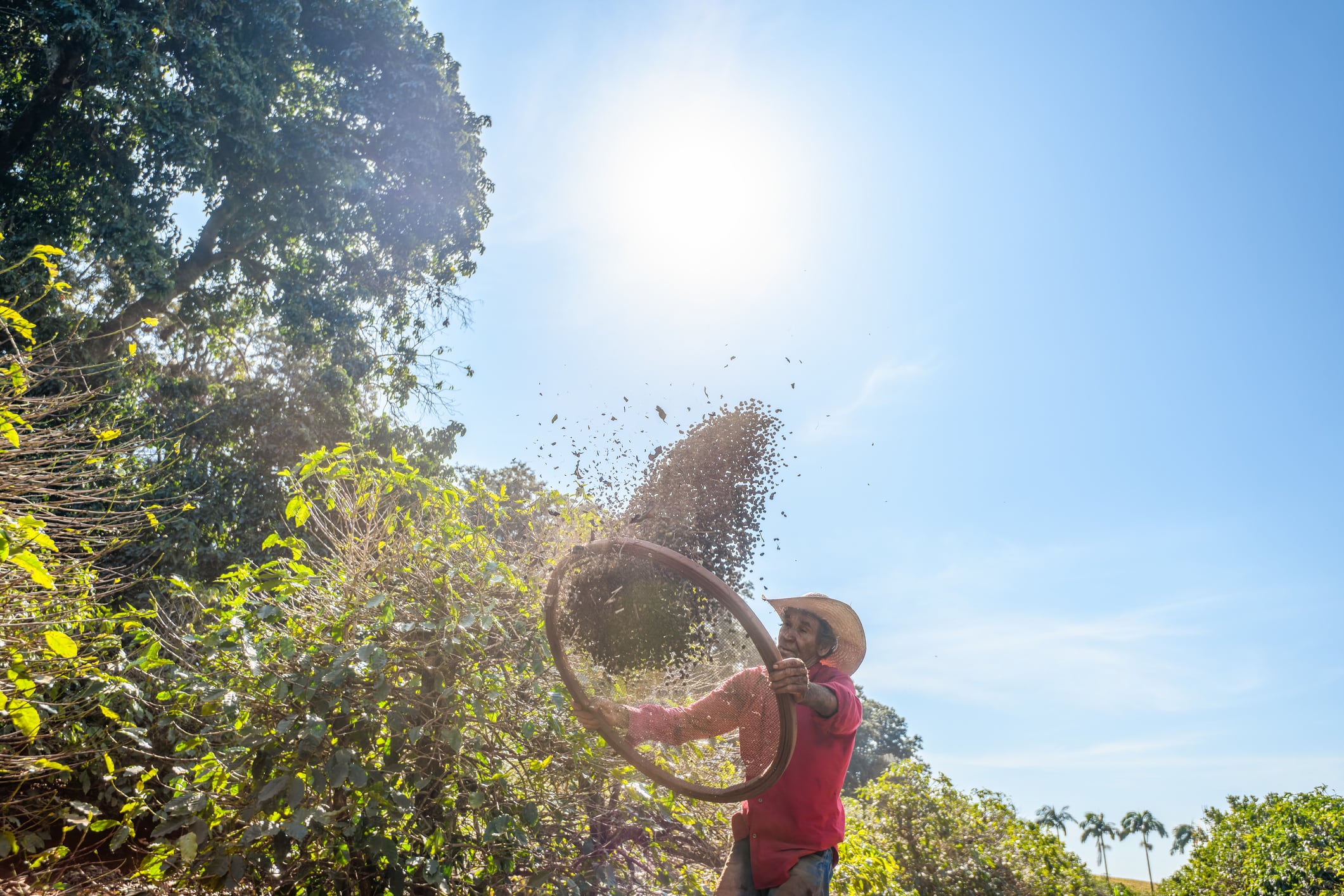
But that scenario is unlikely to play out. The four countries deemed most at risk of deforestation for EUDR-relevant commodities are Belarus, North Korea, Myanmar and Russia. All are under EU Council sanctions. None are major producers of cocoa, palm oil, soy or coffee.
In fact, none are significant exporters of EUDR-relevant commodities to the EU. According to NGO Earthsight, these countries account for just 0.7% of such imports.
This feels like a missed opportunity. Why highlight soy, palm oil, coffee and cocoa as high-risk commodities, only to impose the strictest due diligence on countries that barely produce or export them?
Pressure to water down legislation with ‘negligible risk’ status
The strength of Europe’s deforestation regulation is under threat again, with mounting pressure on the Commission to add a fourth risk category: negligible risk.
The idea is that for countries posing zero deforestation risk would face minimal due diligence requirements, enabling frictionless trade. Supporters argue this would simplify the EUDR, critics warn it could undermine it. There are real concerns that an ingredient or product associated with deforestation could more easily enter the EU via a ‘negligible risk’ country.
Momentum behind the proposal is growing. Most agriculture ministers in EU countries want the fourth risk category added, the European Parliament has voted in favour, and a guidance document defining what ‘negligible risk’ means has already been published.
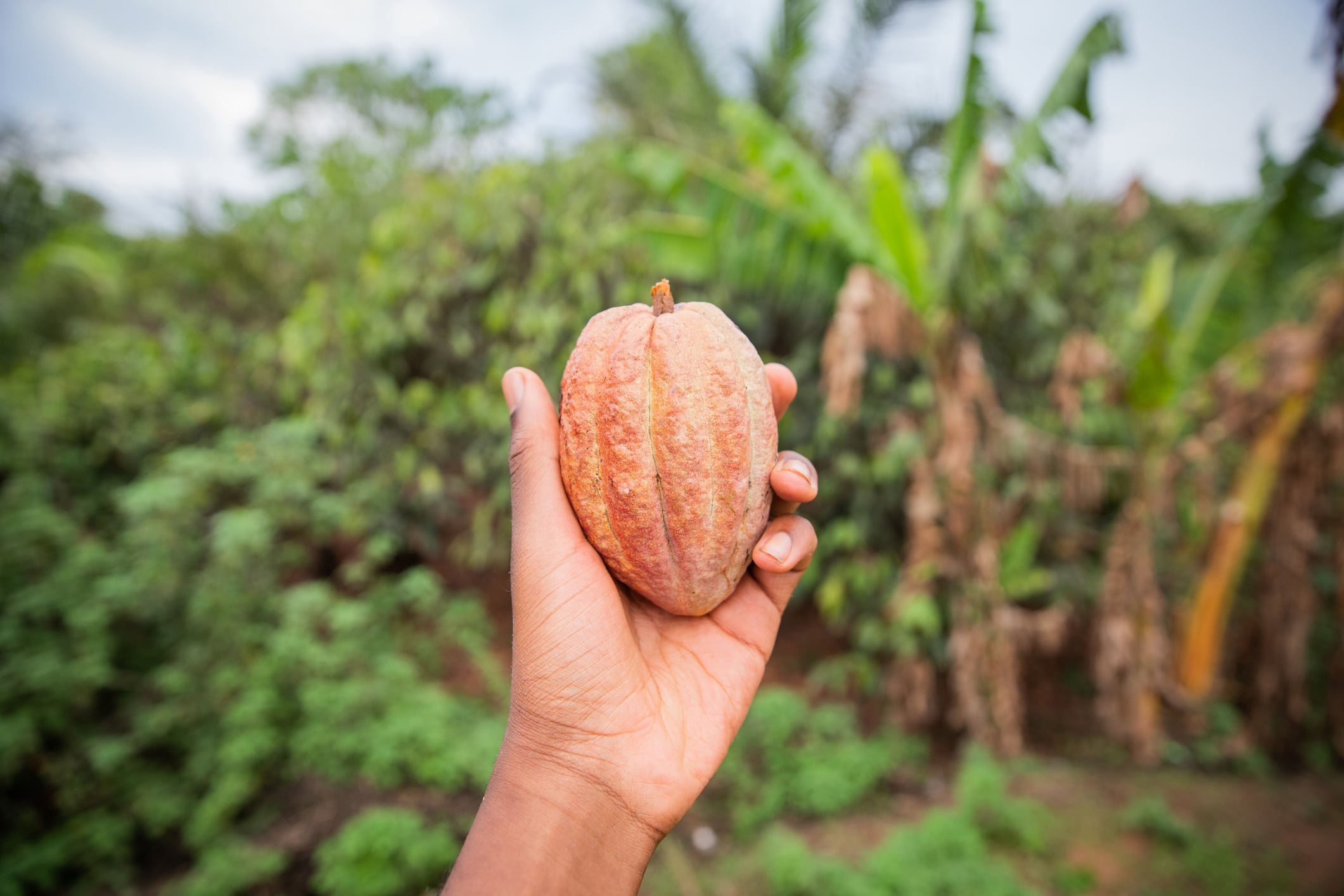
The US has even secured an agreement with the Commission that it poses zero deforestation risk in the production of EUDR-relevant commodities. If a new category is added, the US would likely be granted ‘negligible risk’ status.
Such a special agreement is unlikely to be well received by other countries seeking lower risk status. Legislation that allows for exceptions risks undermining its strength.
The nail in the coffin? Another 12-month delay
The EUDR deadline is just four months away. At a time when compliance efforts should be ramping up, the regulation feels like it’s losing momentum.
What could truly derail it is another 12-month delay.
And yet, that’s exactly what some major industry players are calling for. Snacks and confectionery giant Mondelēz International was the first of its calibre to request a postponement. The Cadbury and Oreo maker says its supports the regulation, but is concerned cocoa farmers aren’t ready, citing sector-wide pressures.
It’s true cocoa farmers have faced more hurdles than most over the last 18 months, from swollen shoot disease to failed crops and supply shortages. But other chocolate majors don’t want changes to EUDR, including the deadline. The sector’s known about the impending regulation since it first became law mid-2023.
Big names like Nestlé, Ferrero, Tony’s Chocolonely and Barry Callebaut are campaigning for a full-steam-ahead approach. They appear confident that, despite sector challenges, cocoa farmers in their supply chains are ready for enforcement in December 2025.

Now it’s up to the Commission to decide: will the legislation be watered down? And if postponed, will momentum grind to a halt?
The Commission has confirmed its intention to implement the EUDR in December. It must now hold firm against industry pressure to delay, and maintain the integrity of the legislation.
Otherwise it’s not just the Commission’s credibility at stake, but the sustainability of food sold in the EU.
